A new exception to copyright law allows for material to be used in parodies and mash-ups.
Following the European Copyright Directive, UK legislation has allowed the new exception, which took effect on 1 October.
Prior to this change in the law, those who used content – such as film, TV or music clips – without the consent of its owner could face being sued for breach of copyright.
This meant that those parodying material would have to negotiate a licence from the owner at a fee, or go on to use the content and be at risk of being sued.
However, the European Copyright Directive states: “The only, and essential, characteristics of parody are, on the one hand, to evoke an existing work while being noticeably different from it and, on the other, to constitute an expression of humour or mockery.”
The material must also be fair and not attempt to compete with the original content.
Owners of copyrighted material may sue if they believe the parody is discriminatory in its message. In this instance a court will have to decide whether or not the parody is funny. Following this rule then, cases could come down to the individual taste of the judge that day.
The use of parody for comedic purposes online has grown in recent years. Mash-ups of TV shows and chart hits have been big hits online, gaining millions of views.
Graham Linehan – comedy writer of shows including The IT Crowd and Father Ted – said that the change in the law was a great move forward for creativity, removing the legal limbo felt by those producing such styles of comedy.
